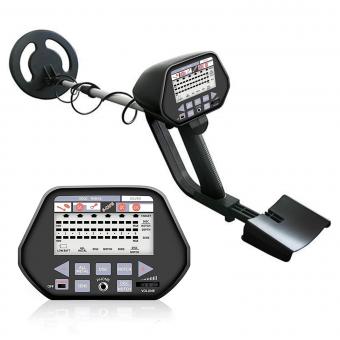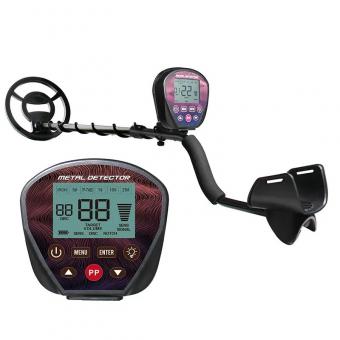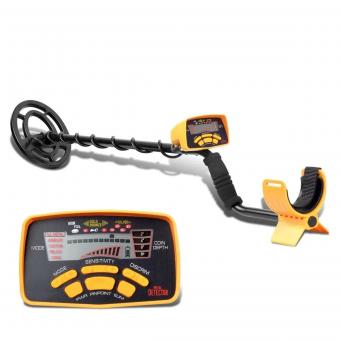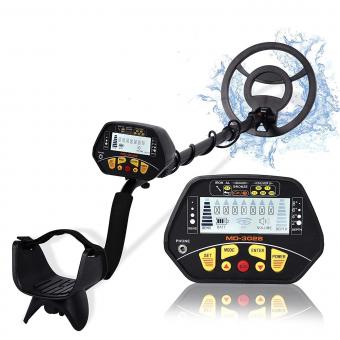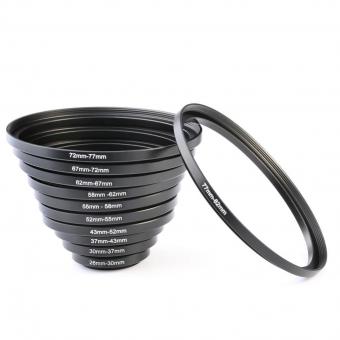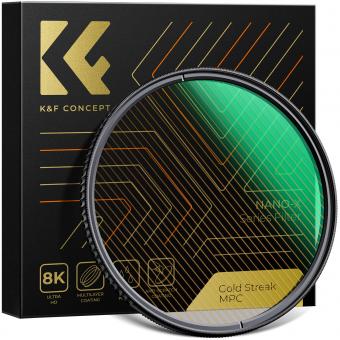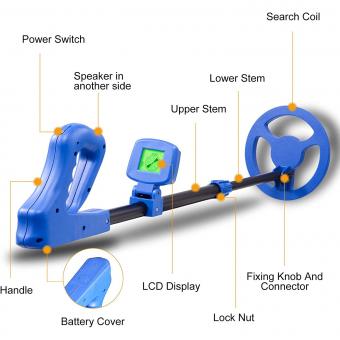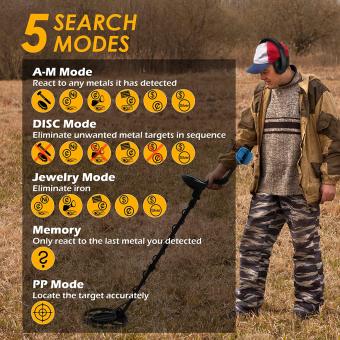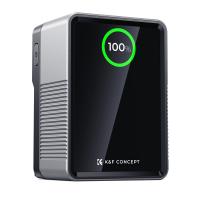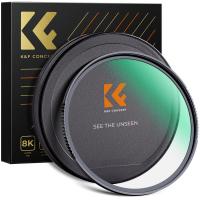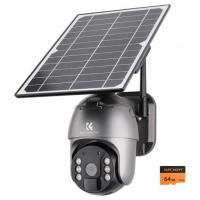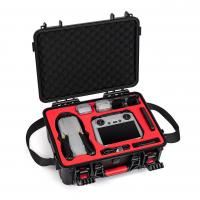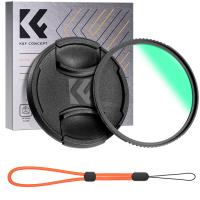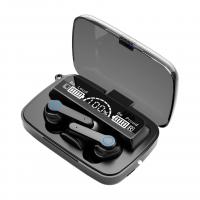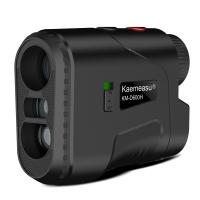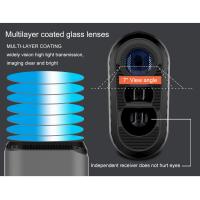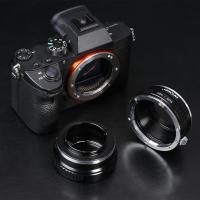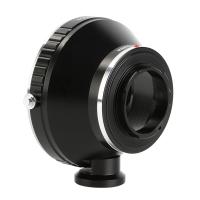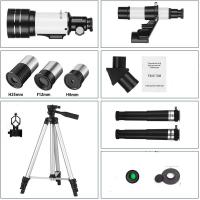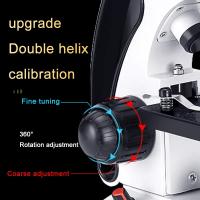Can Metal Detectors Pick Up Gold ?
Yes, metal detectors can pick up gold. Gold is a highly conductive metal, and most metal detectors are designed to detect and respond to the conductivity of metals. However, the sensitivity and effectiveness of a metal detector in detecting gold can vary depending on factors such as the size and purity of the gold object, as well as the settings and capabilities of the specific metal detector being used.
1、 Sensitivity of Metal Detectors to Gold
Metal detectors can indeed pick up gold, as gold is a metal and metal detectors are designed to detect various types of metals. However, the sensitivity of metal detectors to gold can vary depending on the specific detector and its settings.
Gold is a non-ferrous metal, meaning it does not contain iron and is not magnetic. This can make it more challenging for metal detectors to detect gold compared to ferrous metals like iron or steel. However, modern metal detectors are equipped with advanced technology and settings that allow them to detect even small traces of gold.
The sensitivity of metal detectors to gold is determined by factors such as the size and purity of the gold, as well as the frequency and settings of the detector. Higher frequencies are generally more sensitive to small gold nuggets or flakes, while lower frequencies are better at detecting larger gold objects.
In recent years, metal detector manufacturers have developed specialized detectors specifically designed for gold prospecting. These detectors often have features like higher frequencies, improved ground balancing, and enhanced sensitivity to small gold particles. Some models even have advanced discrimination capabilities to help distinguish between different types of metals.
It is important to note that while metal detectors can detect gold, they are not foolproof. Factors such as the depth at which the gold is buried, the mineralization of the soil, and the presence of other metals can affect the detection capabilities. Additionally, the skill and experience of the user in operating the metal detector can also impact its effectiveness in detecting gold.
In conclusion, metal detectors can pick up gold, but the sensitivity to gold can vary depending on the specific detector and its settings. With advancements in technology, metal detectors have become more sensitive to gold, making them valuable tools for gold prospecting and treasure hunting.

2、 Factors Affecting Gold Detection by Metal Detectors
Yes, metal detectors can pick up gold. Gold is a highly conductive metal, and metal detectors are designed to detect and respond to the presence of conductive materials. When a metal detector is passed over an area containing gold, it will generate an electromagnetic field that interacts with the gold and produces a signal that is detected by the metal detector.
However, there are several factors that can affect the detection of gold by metal detectors. One of the main factors is the size of the gold object. Smaller gold nuggets or flakes may not be easily detected by metal detectors, especially if they are buried deep underground. Larger gold objects, such as gold coins or jewelry, are more likely to be detected.
Another factor is the composition of the soil or ground where the gold is located. Different types of soil can contain minerals or other materials that can interfere with the detection of gold. Highly mineralized soil, such as iron-rich soil, can cause false signals or make it more difficult to detect gold.
The sensitivity and settings of the metal detector also play a role in gold detection. Metal detectors can be adjusted to different levels of sensitivity, and the settings can be optimized for detecting specific types of metals. By adjusting the sensitivity and settings, metal detector users can increase their chances of detecting gold.
It is important to note that the latest point of view on gold detection by metal detectors is that advancements in technology have improved the ability of metal detectors to detect smaller gold objects and to discriminate between different types of metals. Some metal detectors now have features such as target identification and depth indicators, which can help users determine if a detected object is likely to be gold. Additionally, specialized gold detectors have been developed that are specifically designed for gold prospecting and can provide even greater sensitivity and accuracy in detecting gold.

3、 Gold's Conductivity and Metal Detector Performance
Yes, metal detectors can pick up gold. Gold is a highly conductive metal, which means it can easily carry an electric current. Metal detectors work by generating a magnetic field and then detecting any disruptions in that field caused by nearby metallic objects. When the magnetic field encounters a conductive material like gold, it induces eddy currents in the metal, which in turn create a secondary magnetic field. This disturbance is detected by the metal detector, alerting the user to the presence of gold or other metallic objects.
However, it is important to note that the sensitivity and effectiveness of metal detectors in detecting gold can vary depending on several factors. The size and purity of the gold object, as well as the design and capabilities of the metal detector, can all impact its performance. Smaller or less pure gold objects may be more challenging to detect, especially if they are buried deep underground or hidden in highly mineralized soil.
In recent years, advancements in metal detector technology have improved the ability to detect smaller and deeper gold targets. Manufacturers have developed specialized gold detectors that are specifically designed to enhance sensitivity to small gold nuggets or flakes. These detectors often utilize higher operating frequencies and advanced signal processing algorithms to improve gold detection capabilities.
It is worth mentioning that while metal detectors can detect gold, they are not foolproof. Other factors such as the presence of other metals, soil mineralization, and environmental conditions can affect the accuracy and reliability of gold detection. Therefore, it is always recommended to use metal detectors in conjunction with other prospecting techniques and tools to increase the chances of finding gold.

4、 Limitations of Metal Detectors in Detecting Small Gold Objects
Metal detectors can indeed pick up gold, as gold is a metal and metal detectors are designed to detect various types of metals. However, there are limitations to consider when it comes to detecting small gold objects.
One of the main limitations is the size of the gold object. Metal detectors are more effective at detecting larger gold objects due to their stronger magnetic fields. Smaller gold nuggets or flakes may not be easily detected, especially if they are buried deep underground or hidden in highly mineralized soil. The sensitivity of the metal detector also plays a role in its ability to detect small gold objects. Some metal detectors have adjustable sensitivity settings that can be increased to improve the chances of detecting smaller gold pieces.
Another limitation is the type of soil or environment in which the gold object is buried. Highly mineralized soil, such as those found in gold-rich areas, can create interference and make it more difficult for metal detectors to accurately detect gold. In such cases, specialized metal detectors with advanced ground balancing features may be required to overcome this limitation.
It is worth noting that advancements in metal detector technology have been made in recent years, with some models specifically designed for gold prospecting. These detectors often have improved sensitivity and ground balancing capabilities, making them more effective at detecting small gold objects. However, even with these advancements, there are still limitations to consider.
In conclusion, while metal detectors can pick up gold, their effectiveness in detecting small gold objects is limited by factors such as size, depth, and soil conditions. It is important to choose the right metal detector and use proper techniques to maximize the chances of successfully detecting small gold objects.


